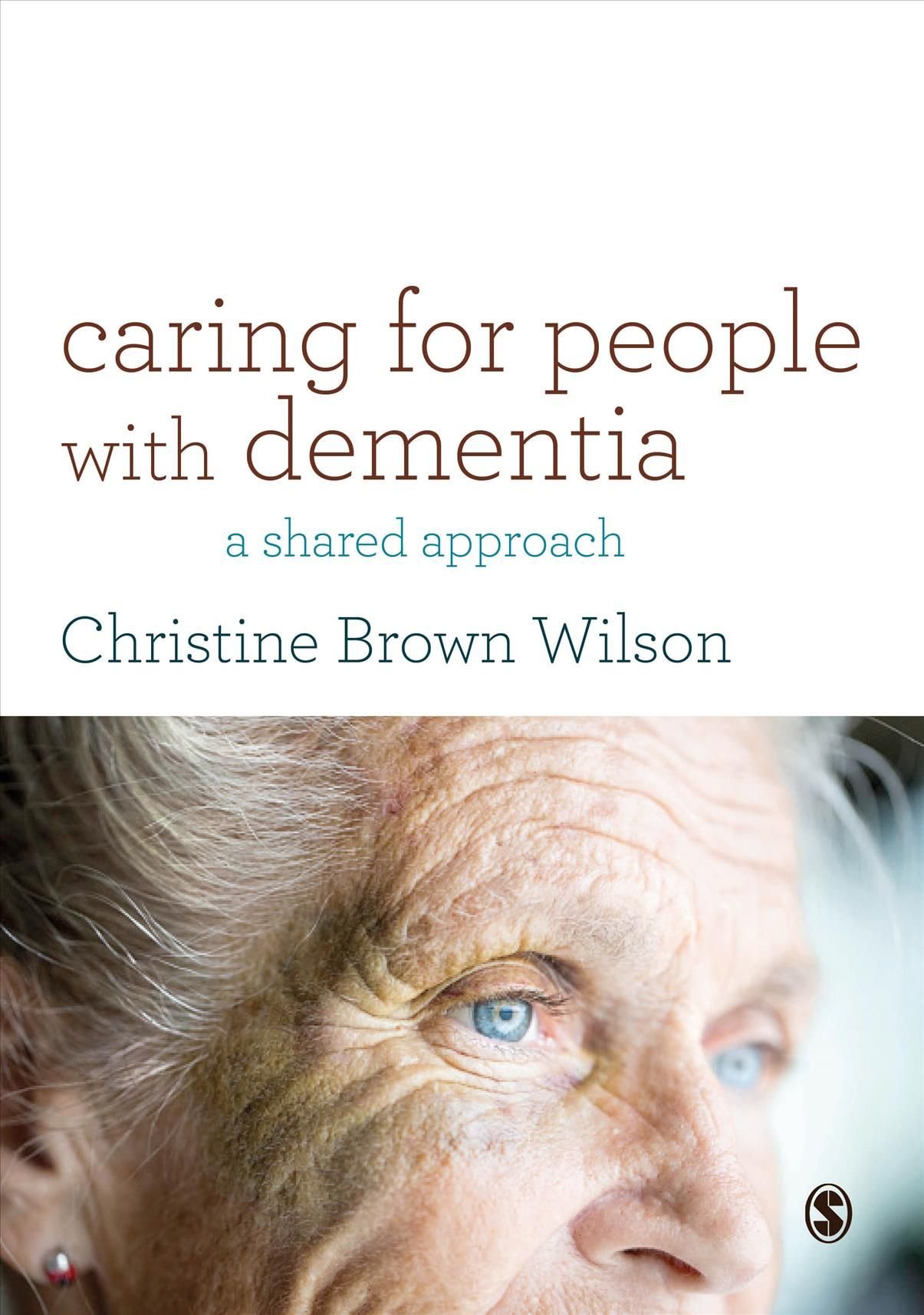Children and adolescents are not simply small adults; they suffer from different diseases and require different treatments. The same is true where imaging is concerned. The diagnostic strategies - using identical diagnostic instruments - are different; the care prior to, during, and following the examination differs from that of adults. Because the number of Centers for Pediatric Radiology is small, students as well as pediatricians and general radiologists lack training in pediatric radiology and are often not sufficiently aware of these differences. Active radiation protection and avoidance of unnecessary high contrast media doses are number one priority in diagnosing and treating children and can be achieved through: Avoidance of X-rays and CT scans. Substitution with non-ionizing radiation such as ultrasonography and MRI where possible while ensuring diagnostic reliability; Reduction of the radiation dose and number of views. This can be realized by following the ALARA principle: “as low as reasonably achievable”; Weight and indication tailored contrast media dosing. This CME accredited Manual provides a comprehensive overview on the field of pediatric radiology and suggests imaging strategies for the most common clinical indications in children and adolescents.












